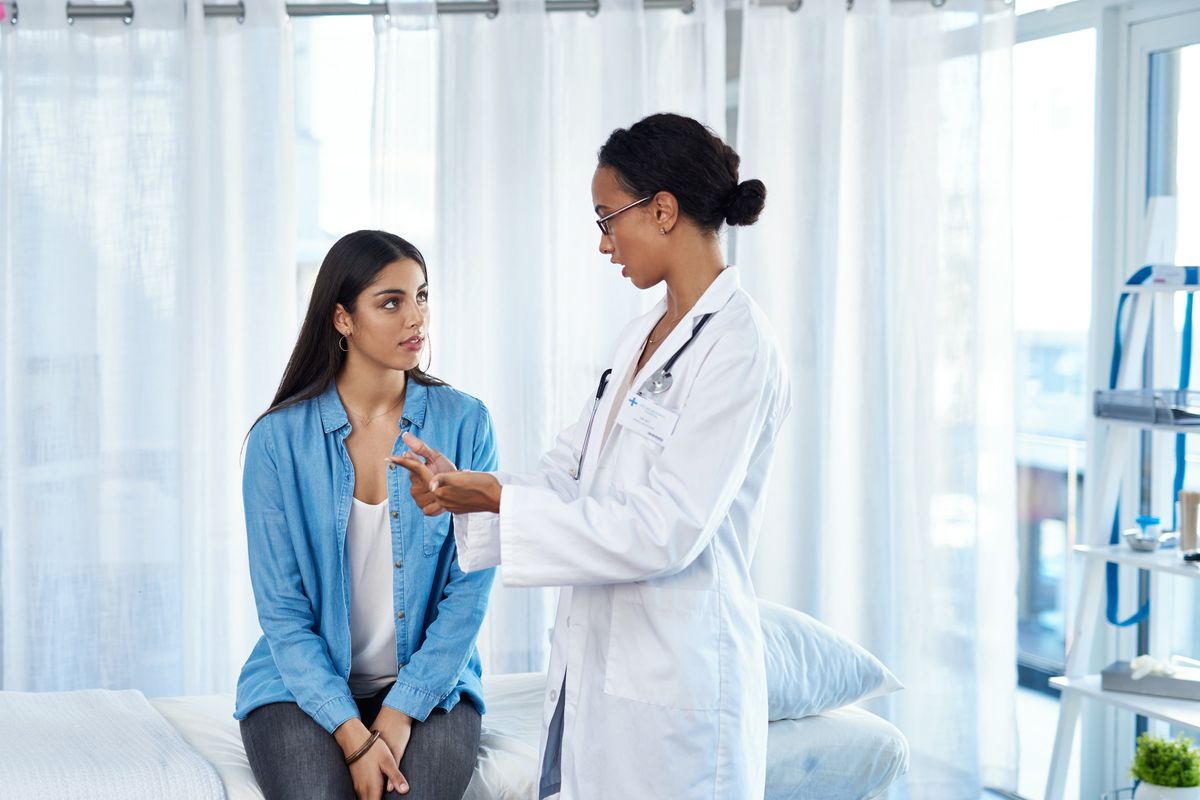Q:
I have endometriosis. Does this increase my risk of breast, ovarian or uterine cancer?
A:
You ask a very good question. First, let's look at the similarities between these cancers and endometriosis. All are related to estrogen. Estrogen stimulates cell division in the ovaries, breasts and uterus. Over time, those constantly dividing cells might make a mistake, leading to cells dividing uncontrollably, i.e., a cancer. Endometriosis, on the other hand, is the presence elsewhere in the body of tissue that normally lines the uterus. This tissue also grows in response to estrogen, and the disease itself is dependent on the presence of estrogen.
Let's start with breast cancer. A major study evaluating data on 114,327 women seen in the hospital or in an outpatient setting in Denmark found that women whose endometriosis was diagnosed before age 40 actually had a reduced risk of breast cancer, while women whose endometriosis was diagnosed between age 40 and 50 had a risk of breast cancer about 14 percent higher than women the same age who did not have endometriosis. Women diagnosed at age 50 or older, however, were more than twice as likely to develop breast cancer as women the same age who did not have endometriosis.
As for ovarian cancer, another large study looking back at data from more than 700,000 women found those with endometriosis were 43 percent more likely to develop ovarian cancer and non-Hodgkin's lymphoma. Women who had endometriosis present on the ovary had the highest risk of ovarian cancer. This study also found that women with endometriosis had higher risks of breast, brain and endocrine cancers, such as cancers of the pituitary or thyroid glands, but a reduced risk of cervical cancer. They did not have any increased risk of uterine cancer.
Rather than being frightened by this information, you should take it as a warning to be hypervigilant about cancer screenings like mammograms. You should also be very aware of the early signs of ovarian cancer: bloating, pelvic or abdominal pain, difficulty eating or feeling full quickly and feeling a frequent or urgent need to urinate. If you've had any of those problems nearly every day for more than two or three weeks, see your health care professional.
Also make sure you tell all your health care providers that you have endometriosis, and that there is some evidence of an increased risk of certain cancers with the condition. This will help them to be on their toes when it comes to evaluating you for possible cancers—and you will also know to be vigilant.
The other thing you should do is follow all the recommendations for reducing your risk of cancer: Eat a diet high in fruits and vegetables and get some form of physical activity most days of the week for at least 30 minutes a day.
And remember: These risks are all across thousands of women. Your own individual risk is the only one you should worry about, and it may be quite different than what these studies found. My best advice: Make an appointment with your health care provider to discuss your own personal risk of breast or ovarian cancer.







